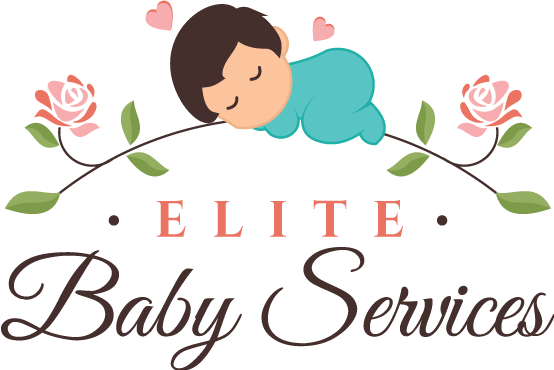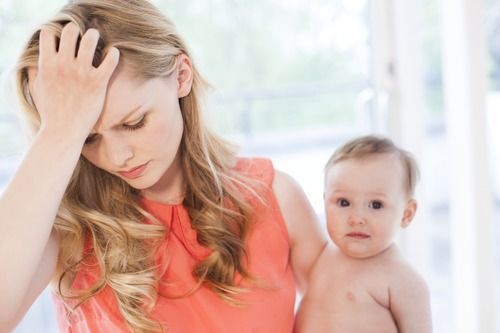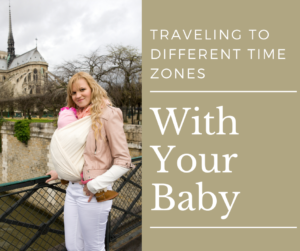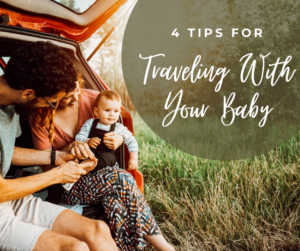One of the things that people either worry about incessantly while pregnant, or brush off, is postpartum depression. Some ladies get consumed with worry that the baby blues are going to happen to them, while others are certain it won’t. The truth is that it can happen to anyone and it’s not a sign of weakness or a bad mom. Mental health has a stigma, and it’s a hard one to break. Don’t let it stop you from asking questions or getting help.
Symptoms of Postpartum Depression
There are several things that you should look for when trying to determine if you may have postpartum depression.
● A feeling of being overwhelmed and that you’ll never get the hang of being a parent. Everyone feels a little of this emotion, but if it doesn’t go away, it could be an issue.
● A feeling of guilt that you’re not as good a mom as you thought you’d be when pregnant.
● A feeling that you haven’t bonded with your baby as everyone talks about, and missing out on that mommy bliss you’ve heard about from other moms.
● A feeling of confusion or being scared.
● A feeling of irritation or anger. Rage and being out of patience for everyone are potential feelings.
● A feeling of nothing. You may feel empty or numb, and it doesn’t go away.
● A feeling that you cry over everything and can’t stop.
● A feeling of hopelessness where you don’t think things will ever get better.
● A feeling of not being able to eat or eating too much.
● A feeling of not being able to sleep or sleeping too much.
● A feeling of a lack of focus or disconnect with your life.
● A feeling as though you should run away from your family and life.
● A feeling as though something is wrong.
Postpartum Anxiety Symptoms
Postpartum anxiety is not mentioned as much as postpartum depression, but it exists. In some cases, you may find that you have both depression and anxiety after having your baby.
● A feeling as though you can’t stop your thoughts from racing or settling your mind.
● A feeling as though you can’t relax.
● A feeling as though you have to be doing something at all times.
● A feeling of worriedness at all times that never goes away even when everything is alright with the world.
● A feeling that the thoughts you’re having are disturbed, and that you shouldn’t be having these thoughts.
● A feeling that you can’t be trusted to alone with your baby.
● A feeling that you have to always check on everything.
● A feeling of not being able to eat or sleep.
● A feeling of restlessness or being on edge.
● A feeling of dread.
● A feeling that something is wrong.
● You may even feel physical symptoms like an upset stomach or tight muscles.
Remember These Tips
● These symptoms aren’t a checklist. You may have a few of these and not have postpartum depression while you could also have a few of them and have it.
● Get help if you think that you might have it. You’re better off talking to someone about how you’re feeling than let it go. It’s not necessarily going to go away on its own, and if it does, you may feel horrible longer than you have to feel that way.
● Postpartum depression and anxiety can start up anytime within a year of your baby being born. It doesn’t necessarily mean that you’ll be feeling it right after you leave the hospital.
Being a mom is one of the hardest jobs you’ll ever have in your life. It’s rewarding with plenty of ups and downs. For instance, did you ever think you’d be peed on during a diaper change? Probably not, but it’ll be a funny story years to come. Getting help for postpartum depression or anxiety doesn’t make you a bad mom or weak. In fact, getting help means the complete opposite. You’re doing what you need to do to take care of yourself so that you can take care of the baby.
Do you need help with sleep or other issues? Contact us today about how our service can help to bear some of the weight of being a parent.





